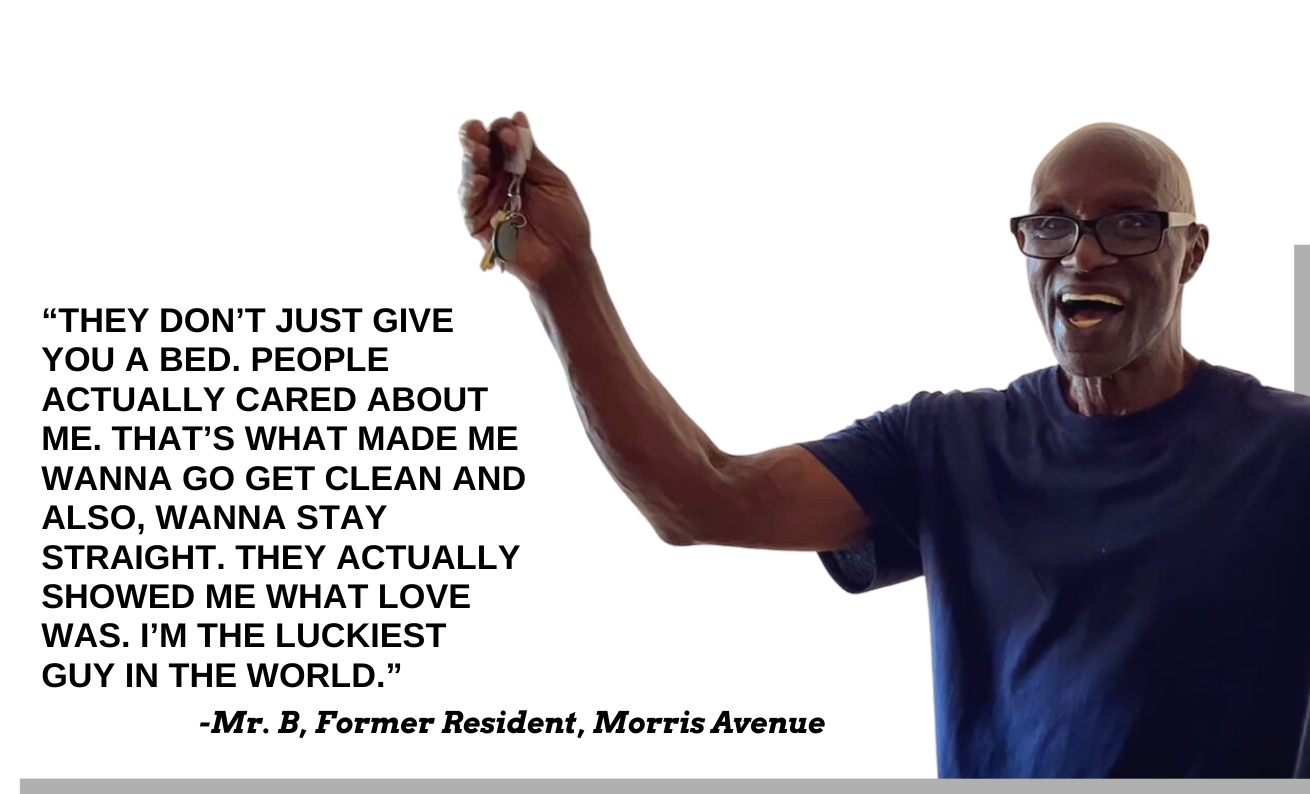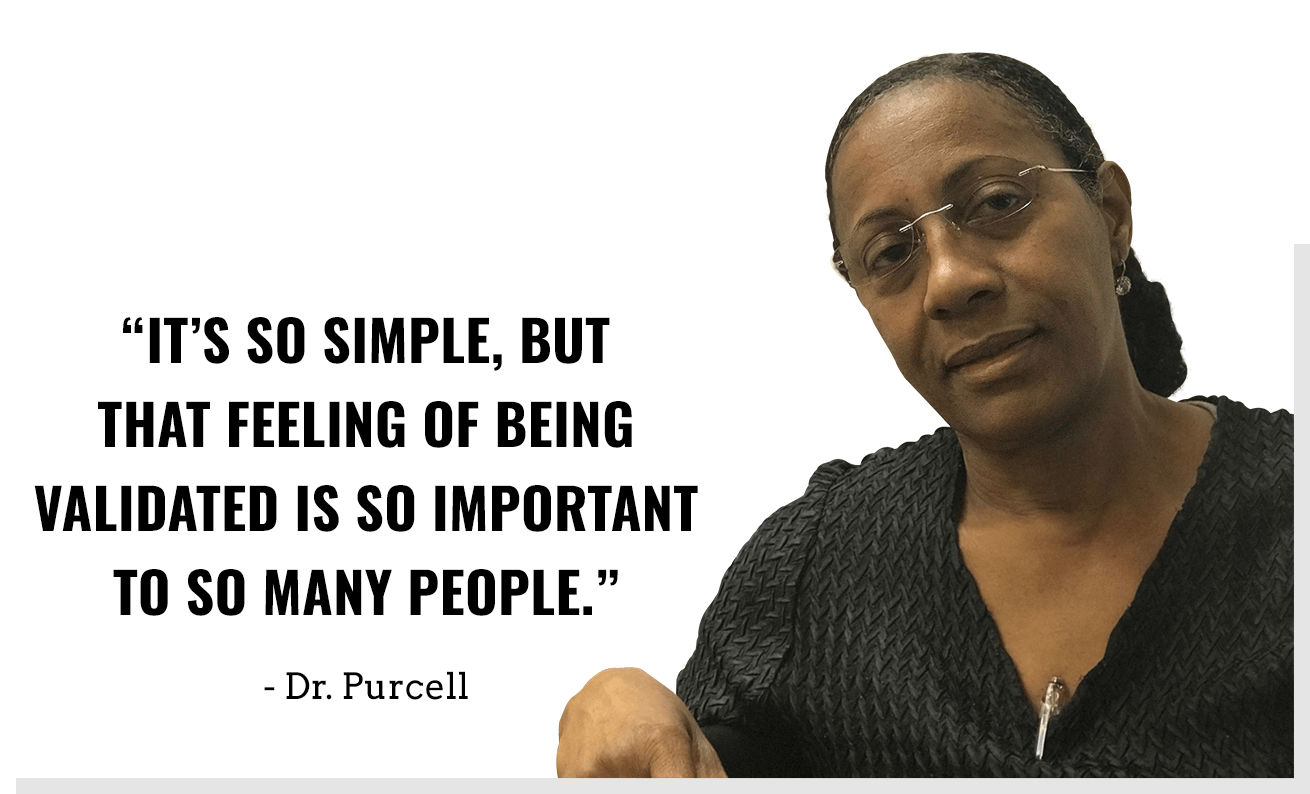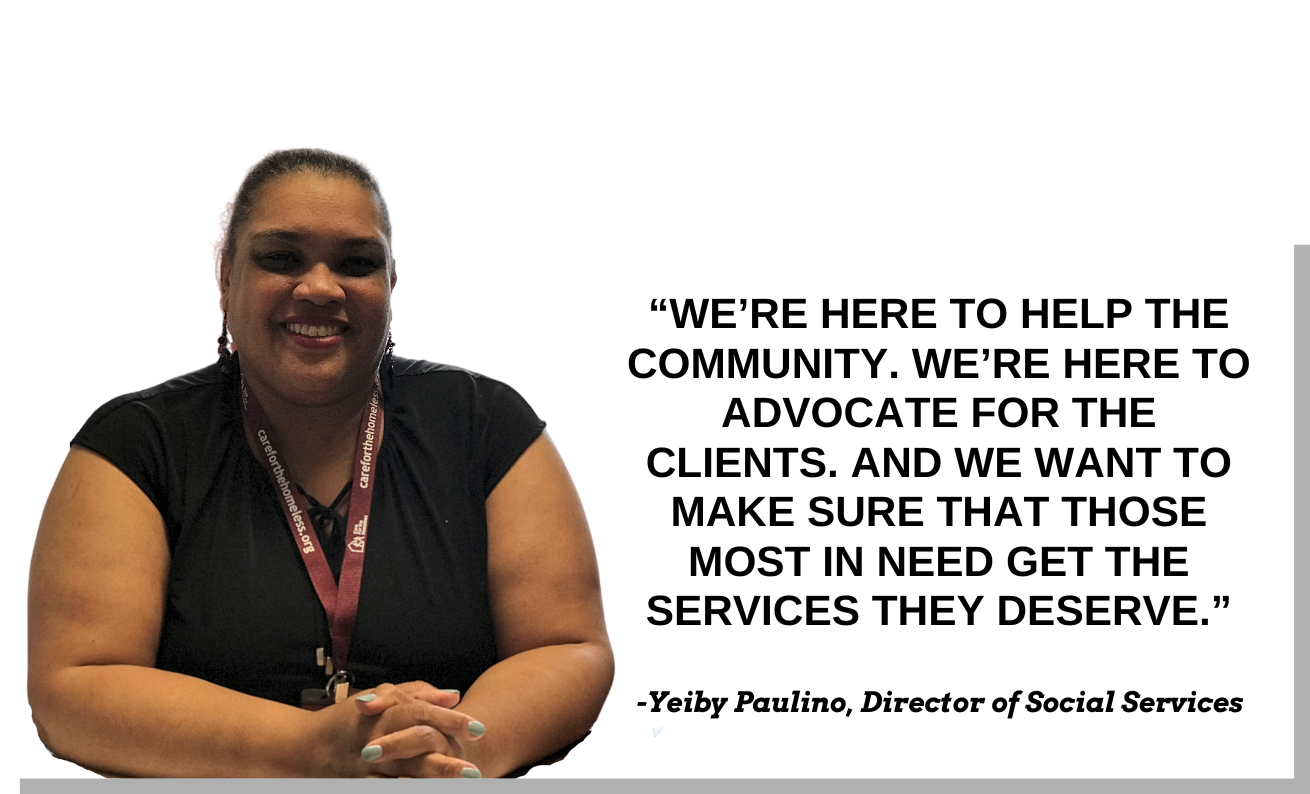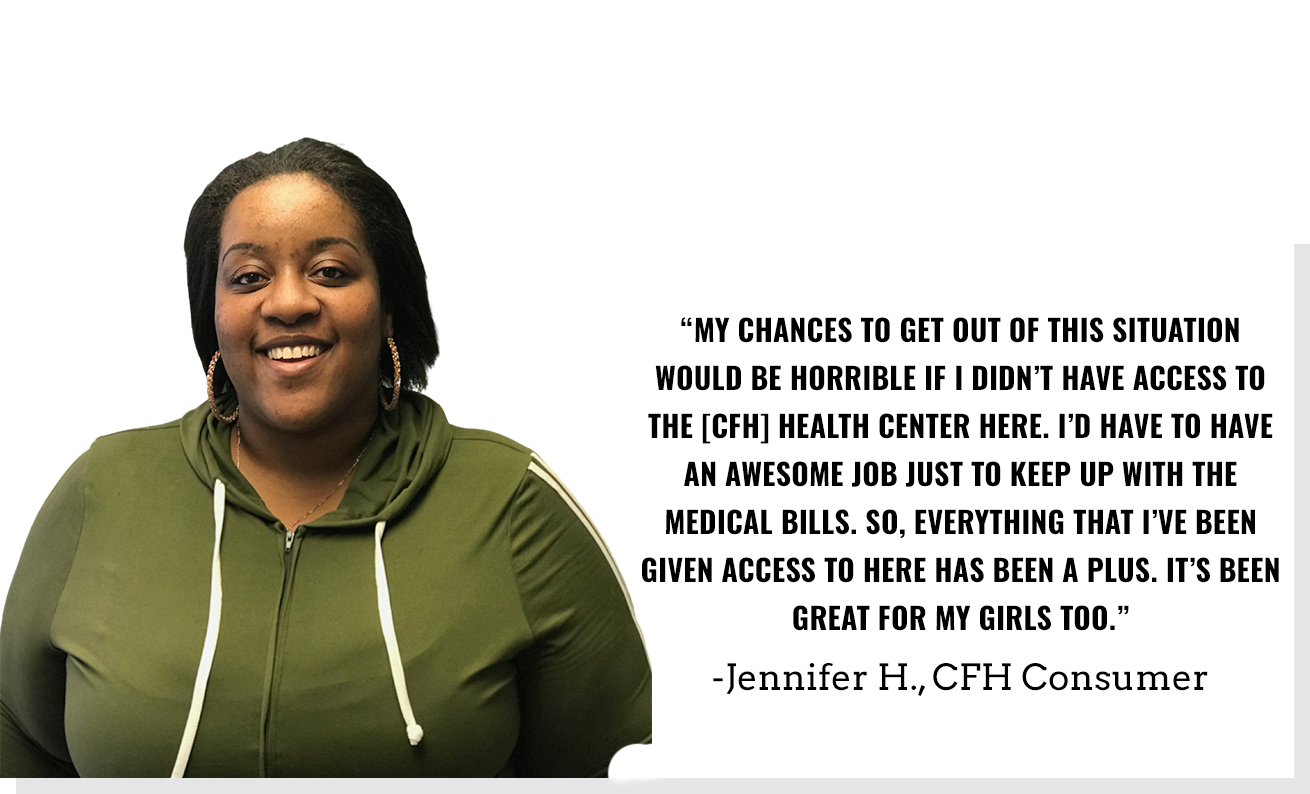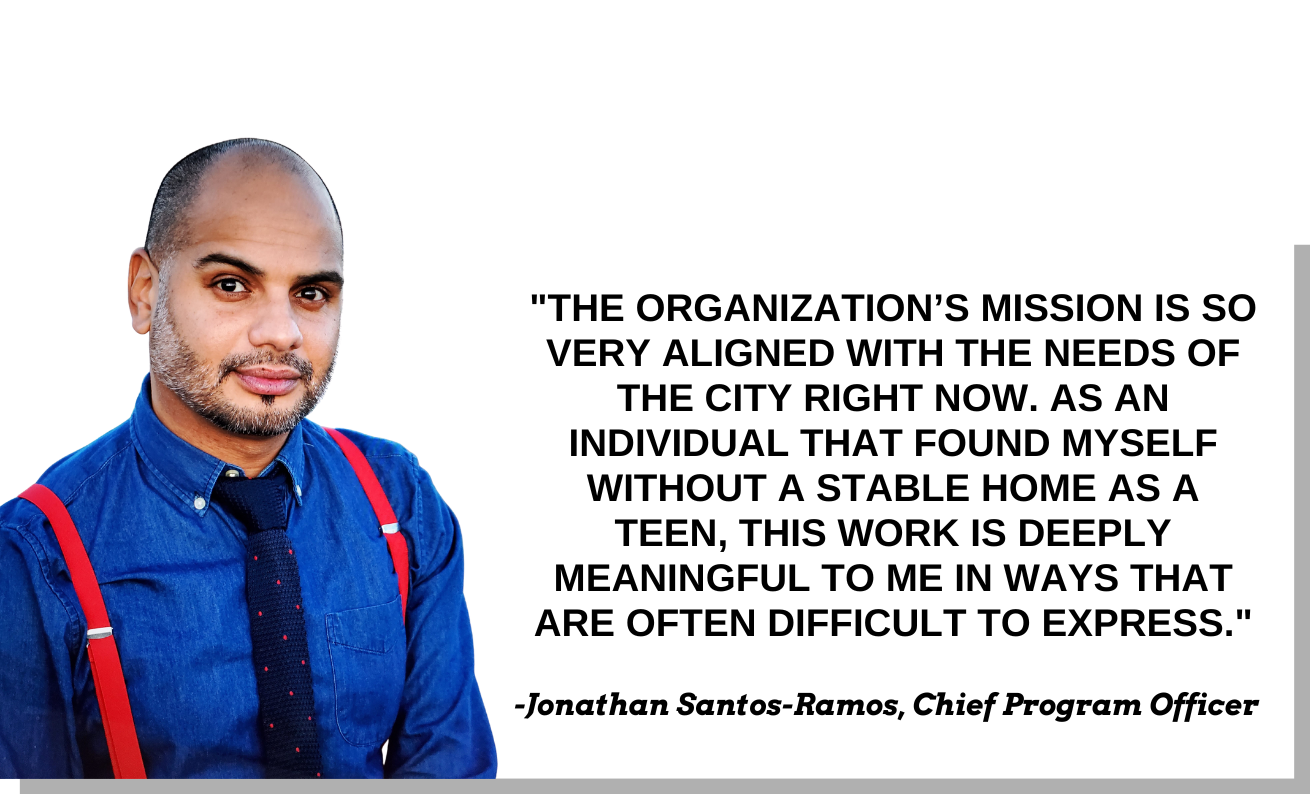Standing in Solidarity
Care For the Homeless (CFH) stands in solidarity with our brothers and sisters fighting for racial and social justice.
Once again…
…it is with great sorrow and anger that we find ourselves denouncing the senseless deaths of the eight individuals murdered in Georgia, six of them of Asian descent, as well as the growing number of blatantly anti-Asian and misogynist attacks in our city and around this country. We collectively mourn:
Soon Chung Park 박순정, age 74
Hyun Jung Grant [김]현정, age 51
Sun Cha Kim 김순자 , age 69
Yong Ae Yue 유용애, age 63
Delaina Ashley Yaun, age 33
Paul Andre Michels, age 54
Xiaojie Tan 谭小洁, age 49
Daoyou Feng 冯道友, age 44
White supremacy and systemic racism have long histories of inflicting violence upon communities of color in our country. These attacks are stark reminders that another segment of our population is being explicitly targeted because of their race. White supremacy devalues the lives and experiences of all communities while heightening xenophobia and divisions among us. The anti-Asian incidents are a legacy of the racist rhetoric connected to the pandemic. We must not allow this abhorrent legacy to live on.
CFH stands in solidarity with the AAPI community, against the hateful rhetoric and racist acts of violence.
Together, we must say it again loud and clear: racism is a public health crisis.
CALL IT WHAT IT IS AND WORK TO END IT NOW.
Care For the Homeless (CFH) stands in solidarity with our brothers and sisters fighting for racial and social justice. The senseless deaths of George Floyd, Breonna Taylor and Ahmaud Arbery are only the most recent reminders. We must combat systemic racism and the violence it visits on its victims.

As an organization committed to bringing health care, human services and shelter to homeless individuals and families, it is not enough for us to be non-racist. We must be anti-racist and reflect on how well our mission addresses structural racism and inequity. This is an ongoing process and one that we are committed to realizing.
Standing in Solidarity
The scourge of homelessness and unstable housing is hardly an “equal opportunity” tragedy. In the United States, historically and today, racism and homelessness are intertwined. Our nation has a long history of discrimination in housing, employment, criminal justice and health care. These injustices have persisted to this very day and people of color are far more likely to experience homelessness as a result. In fact, African Americans make up about 12% of the U.S. population, but some studies have estimated that they represent between 40% and 45% of people experiencing homelessness across America.
At CFH, almost 80% of our patients are persons of color. As a health care and service provider, we must also address on a daily basis the social determinants of health. Housing and income disparities come to mind. These and more, result in poorer health outcomes for our patients than for the general population. We believe strongly that everyone deserves low-barrier, high quality health care and we work every day to walk the talk.
Consequences of Racism in Health Care
Further yet, racism in health care has profoundly deep consequences for communities of color. African Americans have higher rates of diabetes, hypertension, asthma and other chronic conditions due to social and environmental factors. As the pandemic has efficiently exposed, these health disparities have put communities of color at greater risk for contracting COVID-19. Most shocking is that some low-income communities of color have death rates 10 times higher than wealthier, predominantly white neighborhoods!
But most importantly, we must take a collective look in the mirror. Is this the America we learned about in school? Is this the America we want for future generations? Is this the America we all deserve?
If your answer is ‘no,’ then join us. It’s time to make good on our nation’s oldest promises.
What can we do to address these inequities?
We call you to advocate for policies that look to correct racial inequities, vote in local and national elections, support organizations that address structural racism, amplify the voices of marginalized communities, instill anti-racist policies in your organization and educate yourself and those around you on what role we all play in perpetuating these structures.
In the coming weeks, we will be sharing a variety of resources that address the many facets of structural racism. However, this is one small part of a much longer conversation. There are numerous ways that these structures need to change. We must recognize the impact of racism and discrimination.
Call it what it is and work to end it now.
In Solidarity,
Delise DuPont Blenman, Chair of the Board of Directors
George Nashak, President and CEO
& the Care For the Homeless Family
“Do your little bit of good where you are; it’s those little bits of good put together that overwhelm the world.”
Desmond Tutu

